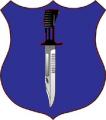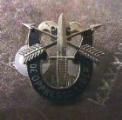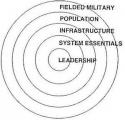IMO, a lot has to do with the natural tendency of humans as a species to be self-centered and ignore the relevance of anything beyond recent history. We tend to call something "new" when in reality it is only new to us and think of ourselves as smarter than our ancestors and thereby ignore or underplay the hard lessons they've handed down to us.Got it. Can somebody please tell me then, since it is pretty widely acknowledged that the aforementioned is indeed true; why do we constantly used new or different terminology despite that fact.







 Reply With Quote
Reply With Quote






Bookmarks